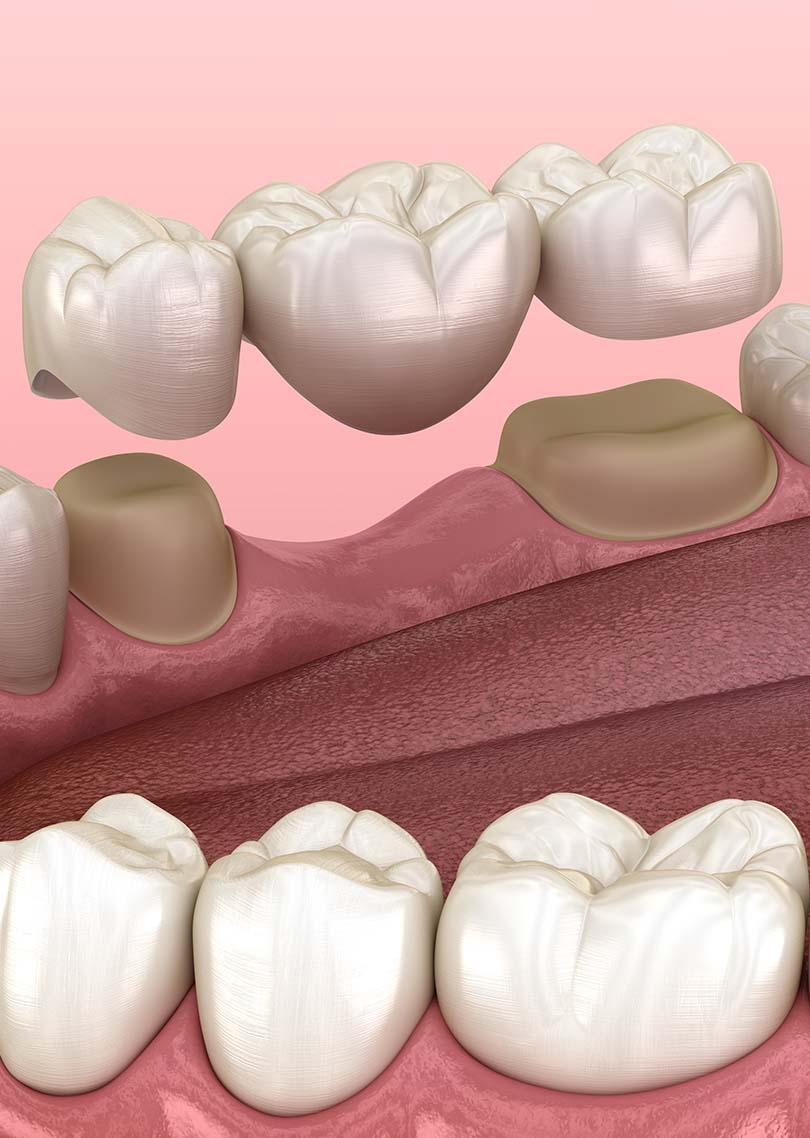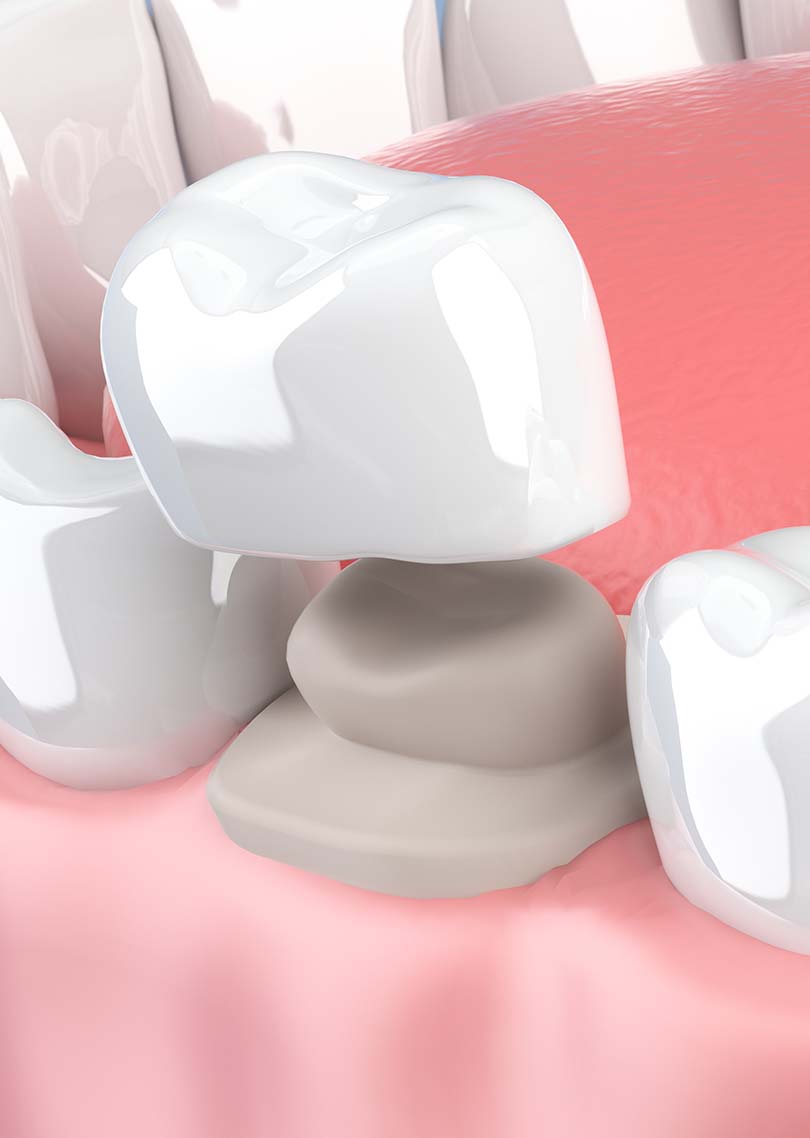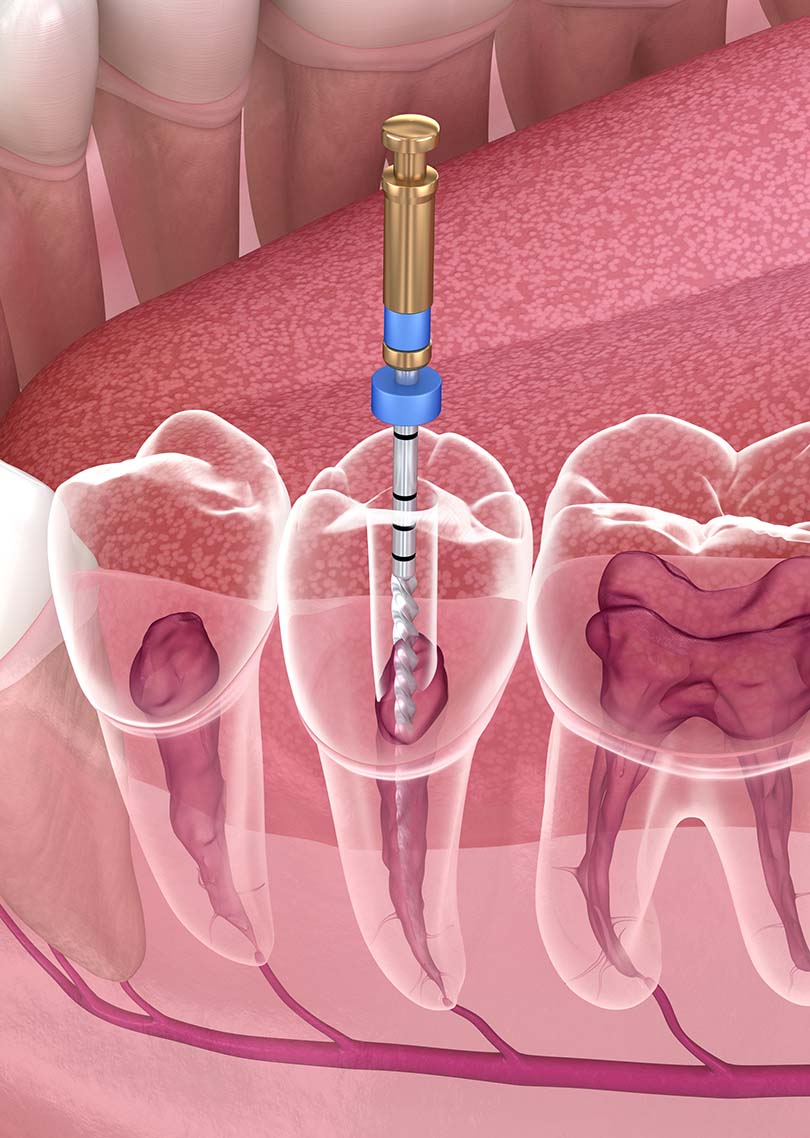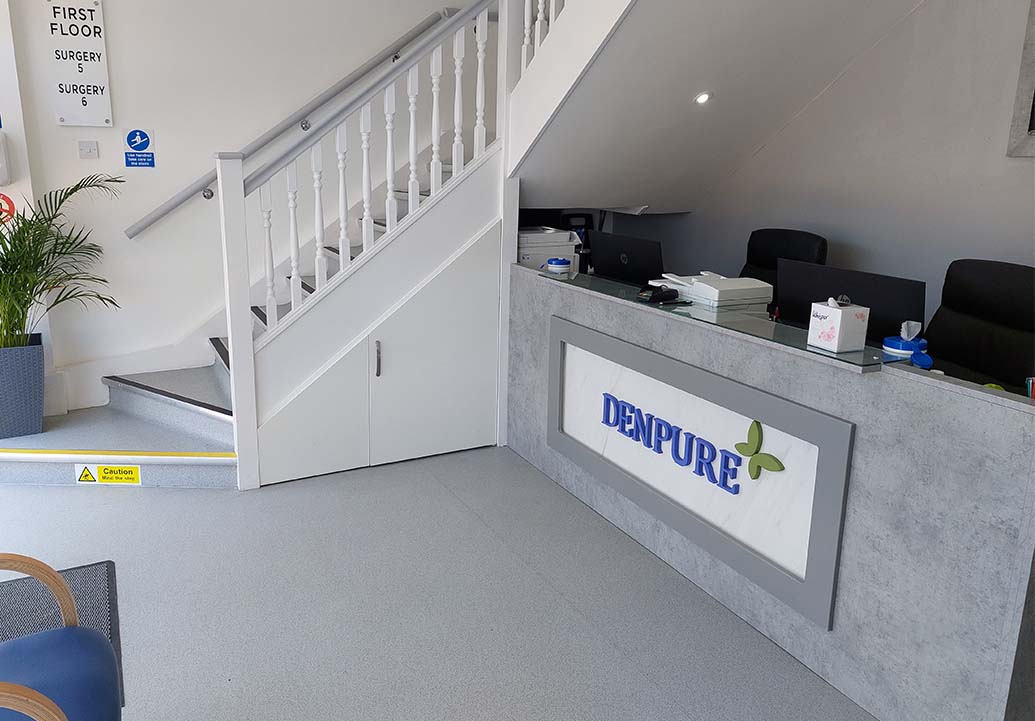

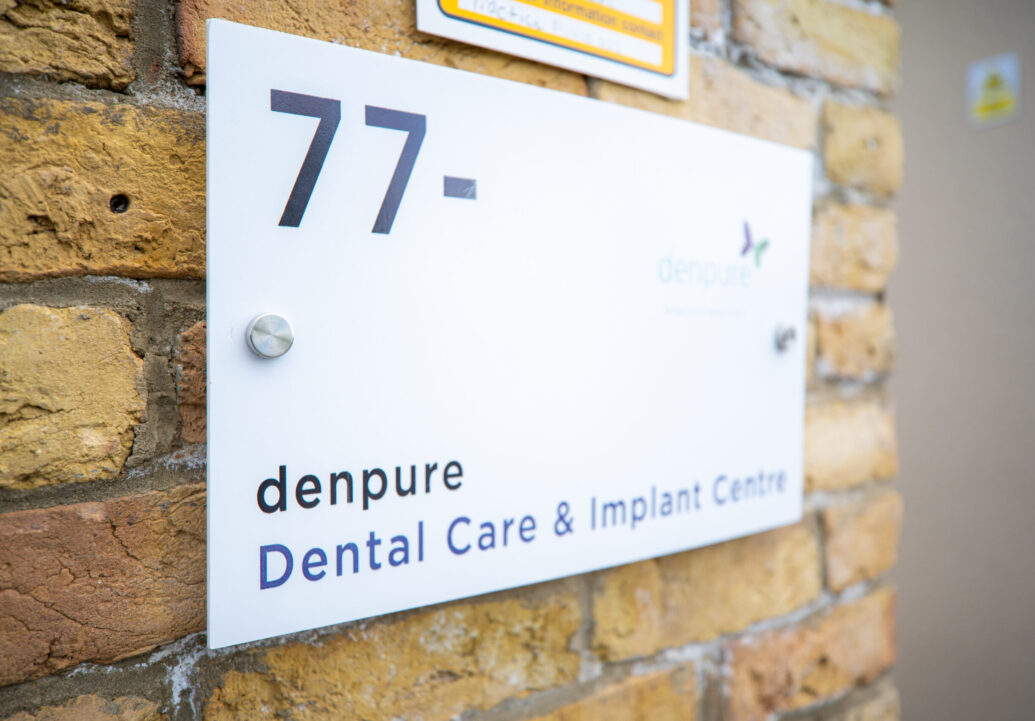
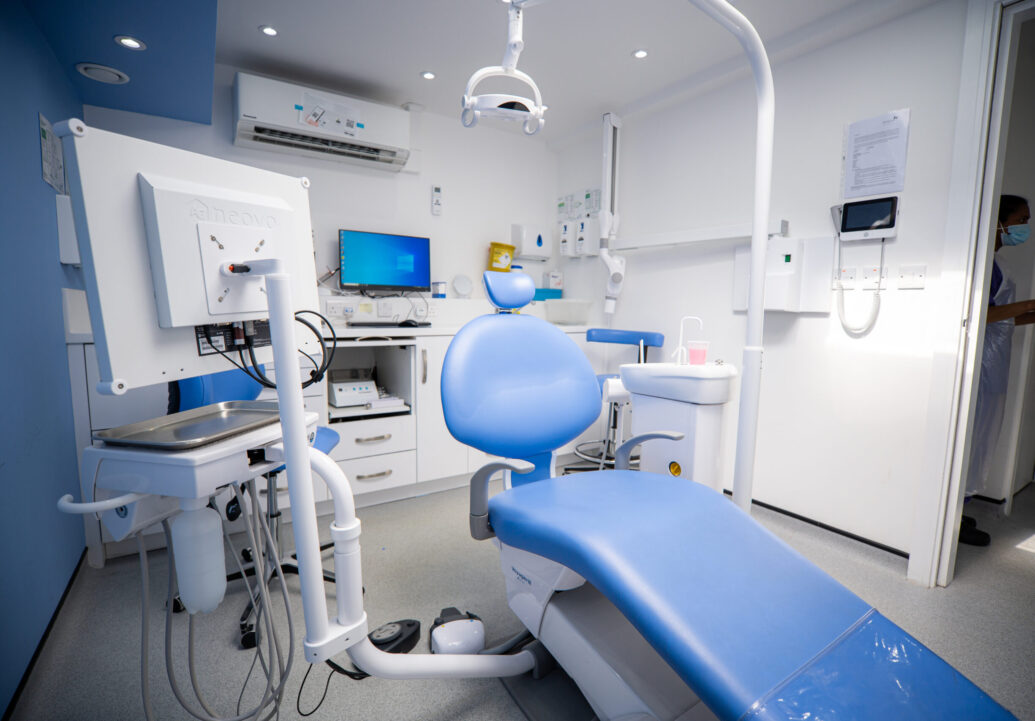
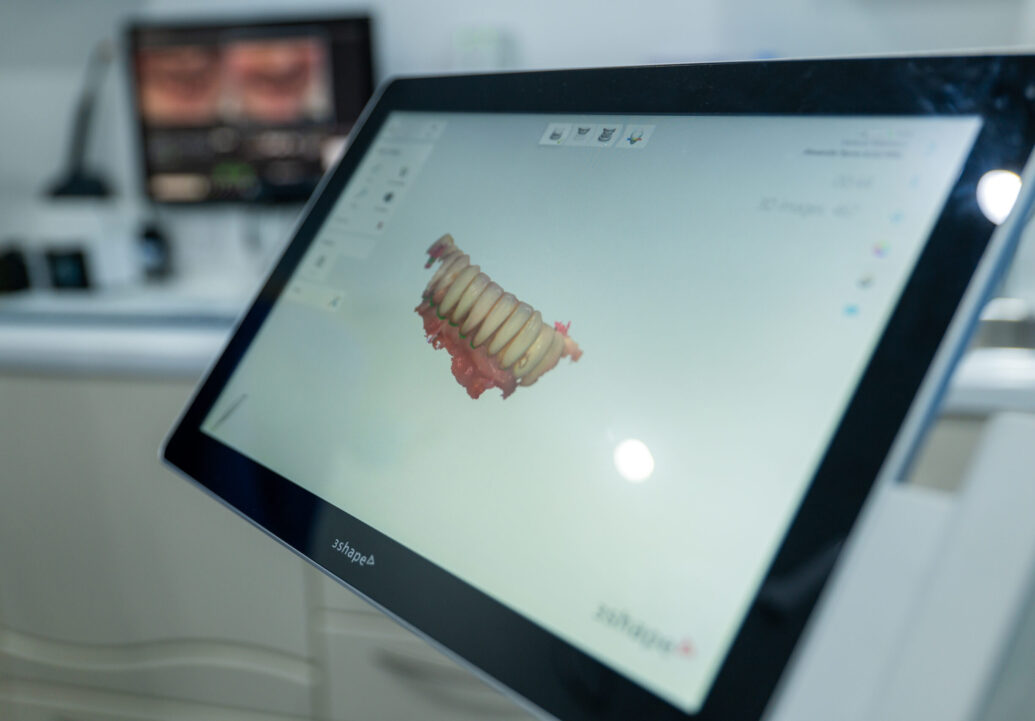
“Dr Roshani Dali is extremely professional and truly the best dentist I have ever had, with minimal discomfort, and she made me fee...”
“I am so impressed with the treatment I have had here - Quick Straight Teeth. The dentist gave me all the information I needed and ...”
“Just like anyone I was very nervous to see the dentist and at my initial consultation Mr Makhijani put me at such an ease that gav...”
“Dear Dr Mandeep Birah ! I would like to thank you for your very caring treatment for my daughter who has been very nervous patient...”
“Throughout my course of treatment I was given best care and attention by all dental team which I would love to recommend to all my...”




